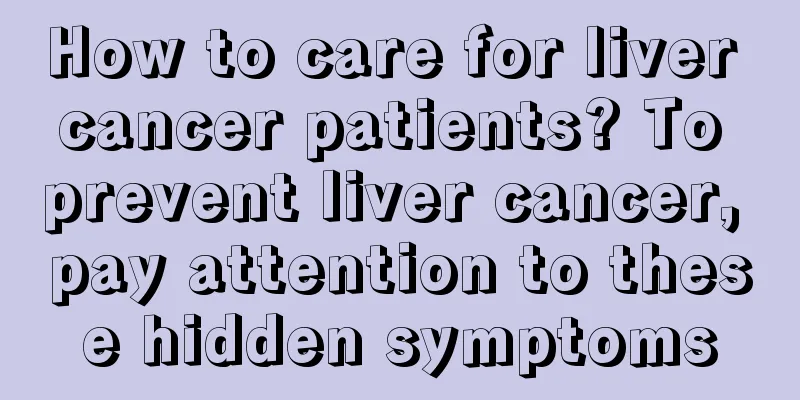What are the benign symptoms of nasopharyngeal carcinoma

|
Benign symptoms of nasopharyngeal carcinoma include nasal congestion, bloody nasal discharge, tinnitus and hearing loss. Early diagnosis and treatment are the key to improving prognosis. Treatment methods include radiotherapy, chemotherapy and targeted therapy, and the specific plan needs to be formulated according to the condition. Nasopharyngeal carcinoma is a malignant tumor that occurs in the nasopharynx. Its early symptoms may be similar to those of common rhinitis or colds and are easily overlooked. Nasal congestion is a common early symptom, usually manifested as poor unilateral or bilateral nasal ventilation, which may be related to the tumor blocking the nasal cavity. Bloody nasal discharge is also an important signal, especially when blood or blood clots are found in the nasal discharge when getting up in the morning, which may be related to the rupture of blood vessels on the surface of the tumor. Tinnitus and hearing loss are usually caused by the tumor compressing the Eustachian tube, causing an imbalance in the pressure in the middle ear, which in turn affects hearing. Radiotherapy is the main treatment for nasopharyngeal carcinoma. It kills tumor cells through high-energy radiation. Common techniques include intensity-modulated radiotherapy and three-dimensional conformal radiotherapy. Chemotherapy is often used in combination with radiotherapy. Common drugs include cisplatin, fluorouracil and docetaxel, which can improve the treatment effect. Targeted therapy targets specific molecular targets of tumor cells. Common drugs include cetuximab and nimotuzumab, which can reduce damage to normal cells. Early diagnosis and timely treatment are the key to improving the prognosis of nasopharyngeal carcinoma. It is recommended to seek medical attention as soon as possible when the above symptoms appear, and confirm the diagnosis through nasopharyngeal endoscopy, imaging examination and pathological biopsy. During the treatment, attention should be paid to nutritional support, maintaining a balanced diet, and appropriately supplementing protein and vitamins to enhance immunity. Regular review and follow-up can help monitor changes in the disease, adjust the treatment plan in time, and improve the quality of life. Although the benign symptoms of nasopharyngeal carcinoma are not obvious, early detection and treatment are crucial to prognosis. It is recommended to seek medical attention as soon as possible when relevant symptoms occur, and to improve treatment effects and quality of life through standardized treatment and scientific management. |
<<: What is tongue cancer? What are the symptoms of tongue cancer?
>>: Early symptoms of eczematous breast cancer
Recommend
What diseases can nasopharyngeal carcinoma be easily confused with?
In recent years, nasopharyngeal carcinoma has bec...
Detailed introduction of fibroids
There are many diseases happening around us in li...
Do lemons contain vitamin C?
Vitamin C is one of the essential vitamins for th...
Does cupping help improve sexual performance?
Cupping is a medical method with a long history i...
How to quickly relieve a three-year-old baby’s toothache?
People often say that toothache is not a disease,...
What to do if you have difficulty breathing due to laryngeal cancer
What should I do if I have difficulty breathing d...
Does early bladder cancer affect fertility?
Bladder cancer generally does not directly affect...
What is the alcohol content considered drunk driving
In the past two years, the traffic department has...
How to measure oral temperature
The human oral cavity also has a certain temperat...
Six early symptoms of prostate cancer. Check yourself out now
The cause of prostate cancer is related to many f...
How long can one live with mid- to late-stage laryngeal cancer
Laryngeal cancer is very serious in the late stag...
What are the advantages of current treatments for the causes of intracranial melanoma?
Intracranial melanoma is a malignant tumor. Exper...
What is seborrheic dermatitis
Seborrheic dermatitis is not unfamiliar to many p...
8 major symptoms of advanced lung cancer three days before death
Three days before death, patients with advanced l...
How to use sanitary napkins
Sanitary napkins are not unfamiliar to many peopl...









